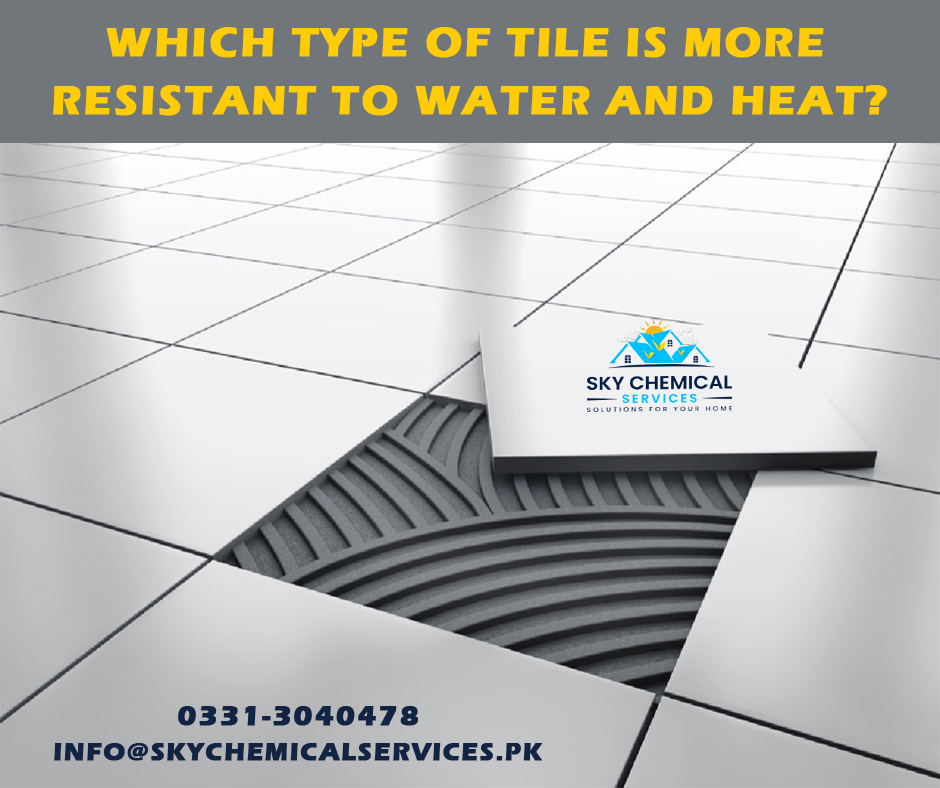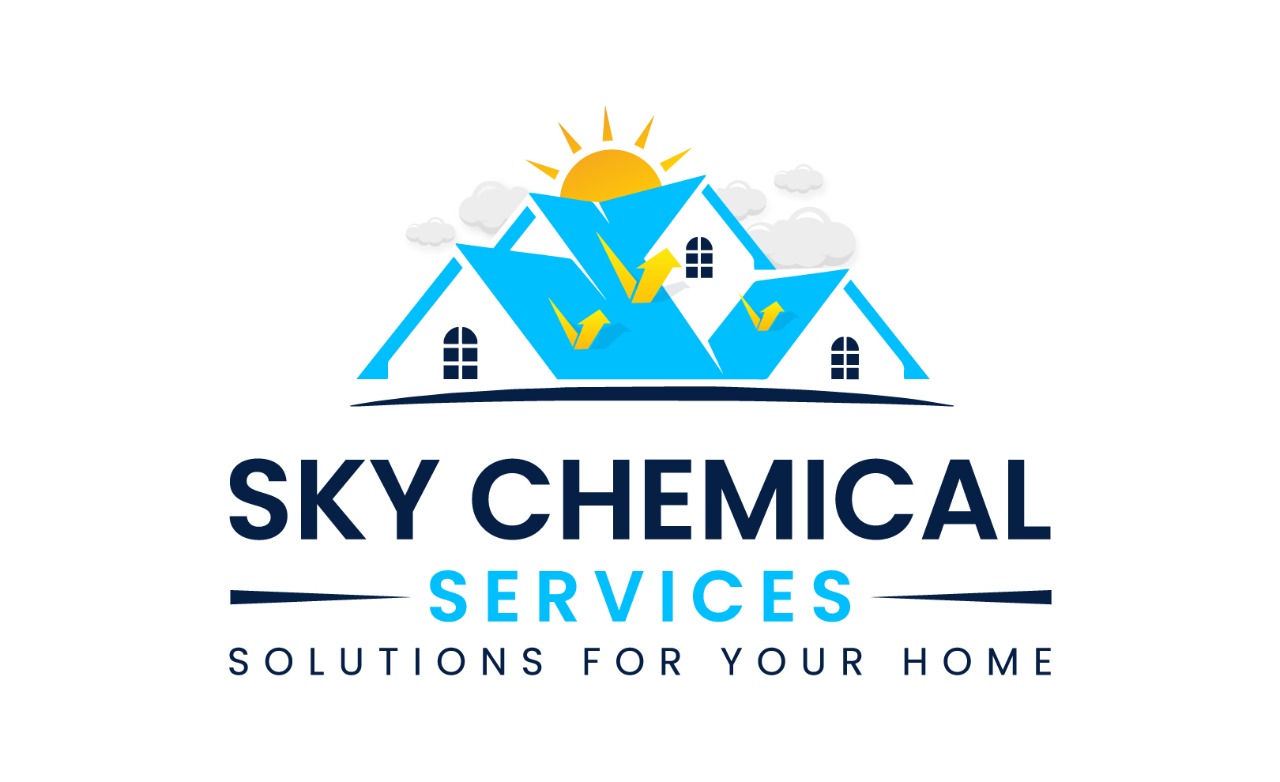
Choosing the proper tile for your house may be difficult, especially when heat and water resistance is a problem. Tiles resistant that can tolerate wetness and high temperatures without sacrificing quality or appearance are required for bathrooms, kitchens, and outdoor spaces. Let’s discuss the characteristics and features of different tiles.
Understanding Ceramic Tiles
Ceramic tiles have been utilized for several applications. These tiles are created by a combination of clay and other organic materials at high temperatures. Ceramic tiles are a popular choice for several homeowners because of their adaptability, affordability, and variety of styles.
Water & Heat Resistant
Ceramic tiles are resistant to water, especially when glazed. The glaze forms a shield that stops water absorption and ensures the tile’s toughness. Ceramic tiles can handle moderate heat but might not be the best choice for high-temperature settings.
Read More
What Should You Expect from Roof Waterproofing in Karachi?
Can Waterproofing in Pakistan Protect from Hailstorm?
Why Waterproofing in Karachi is considered as the Last Resort Solution?
Exploring Porcelain Tiles
Porcelain tiles are recognized for their extraordinary toughness, resilience, and weather resistance. These tiles are created with a finely ground clay mixture that is burnt at high temperatures. Due to the fire, the tile is compact and solid with minimal water absorption.
Water & Heat Resistant
Porcelain tiles are water-resistant because of their low porosity. They are perfect for moist places like kitchens and restrooms because of their low water absorption rate. In addition, porcelain tiles are stain-resistant, easy to clean and maintain. Since these tiles are made of solid material and are fired at high temperatures, they can endure intense heat without splitting or warping. Porcelain tiles are beneficial for high-temperature areas, such as fireplaces, outdoor BBQ areas, and other rooms.
Comparison of Porcelain & Ceramics
Both ceramic and porcelain tiles are resistant to heat and moisture. However, there are important distinctions to take into account:
-
Durability
Porcelain tiles are more resistant to wear and impact than ceramic tiles because they are denser and more solid. This flooring option is more appropriate for high-traffic locations as it is less likely to chip or shatter.
-
Water Absorption
Compared to ceramic tiles, porcelain tiles absorb water much more slowly. The latter option is better suited for environments with significant moisture exposure, lowering the possibility of water damage and mold formation.
-
Heat Resistance
With regards to heat resistance, ceramic tiles are less affected than porcelain tiles. However, on an average, both types can be heated up to 84oF.
-
Cost
In terms of cost, ceramic tiles are often less expensive than porcelain tiles. The complexities in manufacturing the latter choice is the main reason for its high price. Ceramic tiles is a good choice for locations that receive minimal dampness or heat.
Read More
Industries That Benefit from Polyurethane Coatings
How to Spray Polyurethane on Different Surfaces?
Other Tiles
There are various types of tiles known for heat and water resistance. Here are some common examples:
Natural Stone Tiles
Natural stone tiles, such as granite and slate, have inherent heat and water-resistant properties. They can withstand high temperatures and are used for countertops, outdoor areas, and fireplace surrounds.
Glass Tiles
Glass tiles are non-porous and water-resistant. They are an ideal choice for showers, backsplashes, and swimming pools.
Metal Tiles
Metal tiles, such as stainless steel or aluminum tiles, are heat and water-resistant. They are used in kitchens because of their heat-resistant feature.
Conclusion
Due to their solid composition, minimal water absorption, and the best heat resistance, porcelain tiles stand out as the leader in water and heat resistance. Ceramic tiles, however, can still be an attractive and reasonably priced option in less demanding settings.
When making a choice, the unique requirements of your area, the anticipated levels of wetness and heat, and your spending limit. Both ceramic and porcelain tiles come in different designs to fit any style or preference, whether you choose porcelain for its longevity or ceramic for its adaptability.
Consult with experts, abide by manufacturer instructions, and take pleasure in your carefully picked tiles’ attractive, useful, and long-lasting effects.
Contact Sky Chemical Services for an appointment today!
